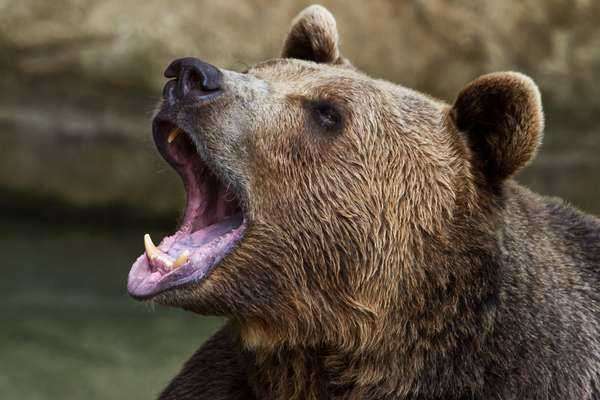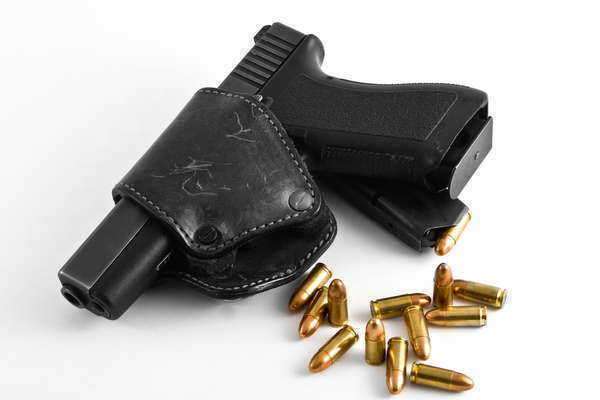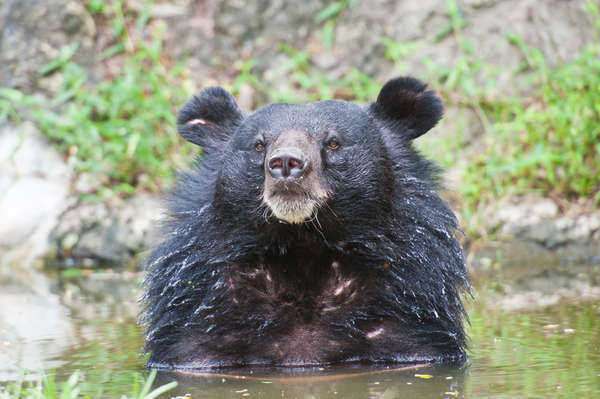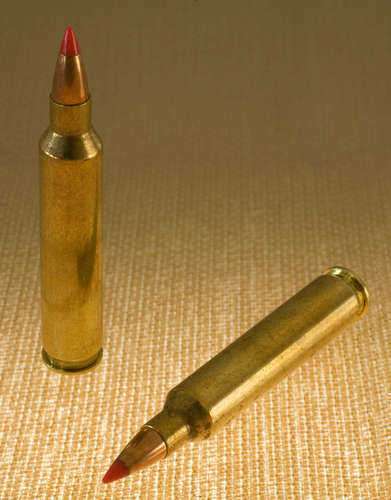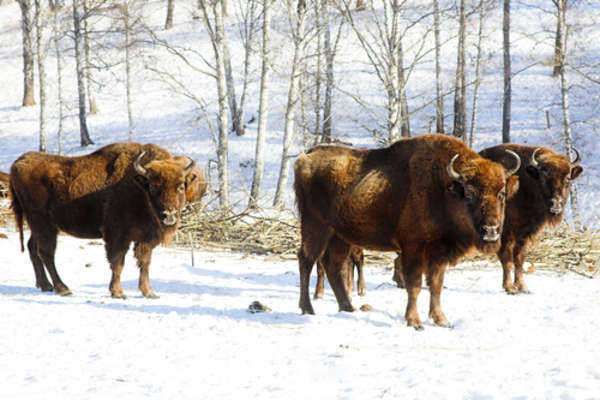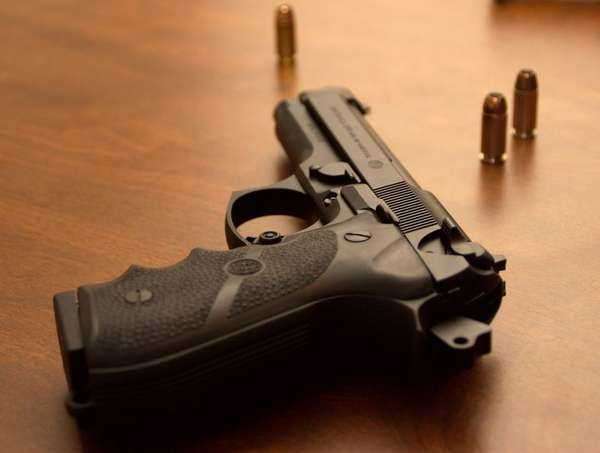Wisconsin Hunting Laws
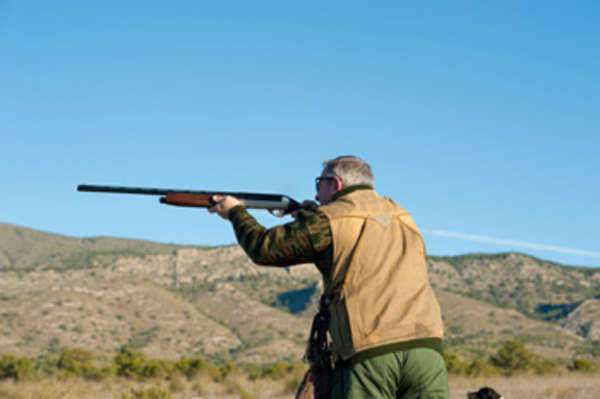
Wisconsin
hunting offers a variety of game, from white-tailed deer to black bears. Not
only does Wisconsin offer a menagerie of hunting species, but also beautiful
landscapes to hunt them on.
Initially when going to acquire your Wisconsin hunting license, you want to
know what you are looking to hunt. Different game requires different license so
you want to make sure you have the right licensing and steer clear with the
law.
There is a new law which formulated a hunting mentorship program for novice
hunters that will take effect September 1, 2009. Under the new law, a novice
hunter must be at least 10 years of age, possess the appropriate hunting license,
permits and tags, and must hunt with a mentor who is 18 years of age or older.
The novice hunter need not first complete hunter education to obtain a hunting
license or hunt, but may only hunt within arms reach of a mentor. The mentor
must have a current valid hunting approval, and must have completed a hunter
education course if born on or after January 1, 1973. The fee for hunting
approvals issued to youth ages 10 and 11 will be reduced. Visit the DNR website
or call 1-888-936-7463 for more information.
Anyone 12 years and older who graduates from a Wisconsin Hunter Education class
after January 1, 2009 for the first time may receive a free special Antlerless
Deer Carcass Tag. This carcass tag is valid for an antlerless deer in any DMU
during any open deer season with the appropriate license and corresponding
weapon. This tag is issued only through DNR offices that provide counter
service. This tag may not be used for group hunting.
Wisconsin deer hunting prohibits the use of dogs in order to hunt. A dog that
is actively engaged in a legal hunting activity, including training, is not
considered to be running at large if the dog is monitored or supervised by a
person and the dog is on land that is open to hunting or on land on which the
person has obtained permission to hunt or to train a dog.
Unless you are a Class C holder (visually handicapped permit owners), it is
illegal to use or possess laser sights while hunting. You are not allowed to
hunt with an automatic firearm, nor could you use any firearm to hunt a deer
within 100 yards of public, unless granted to do so on an individuals property.
It is illegal to sell, purchase, or barter any deer or deer part thereof
except: the head, skin not in spotted coat, and antlers not in velvet of any deer
lawfully killed, when severed from the rest of the carcass. It is unlawful to
possess a deer carcass unless tagged and registered as required. You are
allowed to transport another person’s unregistered deer only when accompanied
by the person issued the carcass tag. Once registered, anyone may transport the
deer.
Wisconsin deer hunting is very popular, at the same time, Wisconsin hunting
likes to maintain a level of respect between fellow hunters as well as for the
deer. One thing that is highly stressed is to not waste the game, and to not
torture it by having it die slowly. You must make every reasonable effort to
retrieve all game
killed or crippled. Until such effort is made, such game shall be included in
the
daily bag. This rule does not allow you to trespass without permission of the
landowner
nor shoot game beyond established shooting hours. Whether on a deer hunt, or
hitting a deer with your vehicle by accident, you must request a tag for the
carcass through the Sheriff’s Department.
As far as respect towards your fellow hunters, it is illegal to take someone
else’s game without their consent… the chances of them giving you their
game when they are out on the hunt is highly likely though. Another compliance
which needs to be met is wearing a blazing orange color when going deer
hunting. Not only does it prevent you from being fired at by accident, but it
also takes away the suspense from fellow hunters if they feel a deer is
approaching.
All in all, Wisconsin likes to keep their hunting clean, after all… it’s a
sport. Even Internationally played sports have their own codes of conduct,
which are solely there to keep the game fair. The essence of that fairness is
implemented when these rules and regulations were created, in order to ensure
safety and fair play, Hunt on!



